Let’s get one thing straight, Citadel: Diana is, hands down, superior to its predecessor – and mother ship – Citadel. That said, while there’s plenty to be excited about, these positives are accompanied by a multitude of flaws that are hard to overlook.
From the onset, this spin-off has an edge over the original by focusing on the “bad guys,” Manticore. It is a refreshing shift in perspective, as one of the biggest problems with the original Citadel was that the organization itself was never all that interesting. Here, we enter the story with a somewhat established understanding of who these villainous characters are. (Though, let’s be real, they’re still no Corleones or Shelbys.)
What also dragged the original Citadel down was the absence of standout characters; and I’m including its two main, a-list, spies. None had distinct personalities (Stanley Tucci and Lesley Manville’s characters almost saved it — but just almost), making it hard to care about key plot points like Kyle Conroy no longer being Mason Kane. By the final episode, I still couldn’t care less.
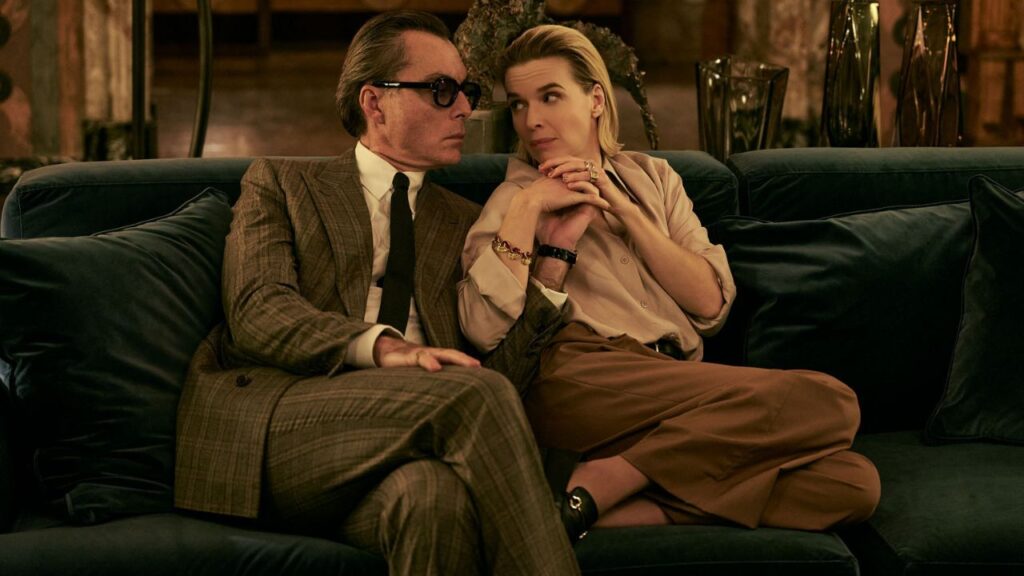
This is where Citadel: Diana fares slightly better. Diana emerges as a more engaging titular character. Being trapped behind enemy lines with no visible escape is admittedly terrifying, and the extent of her struggles with her circumstances unfolds gradually. Although she has mastered the art of repressing her emotions, we learn that her journey into espionage is in fact driven by psychological turmoil from a family tragedy.
But is she still a little dull? Absolutely.
As a Citadel agent planted as a mole within Manticore, Diana has no records linking her to Citadel, allowing her to evade its downfall. The series then tries to explore her growing agitation, loneliness, and yearning for freedom, but the emotional punch just doesn’t quite land. (In contrast, The Night Manager, which is gearing up for a second season on Prime Video, dives into a similar theme but has a much bigger emotional impact.)
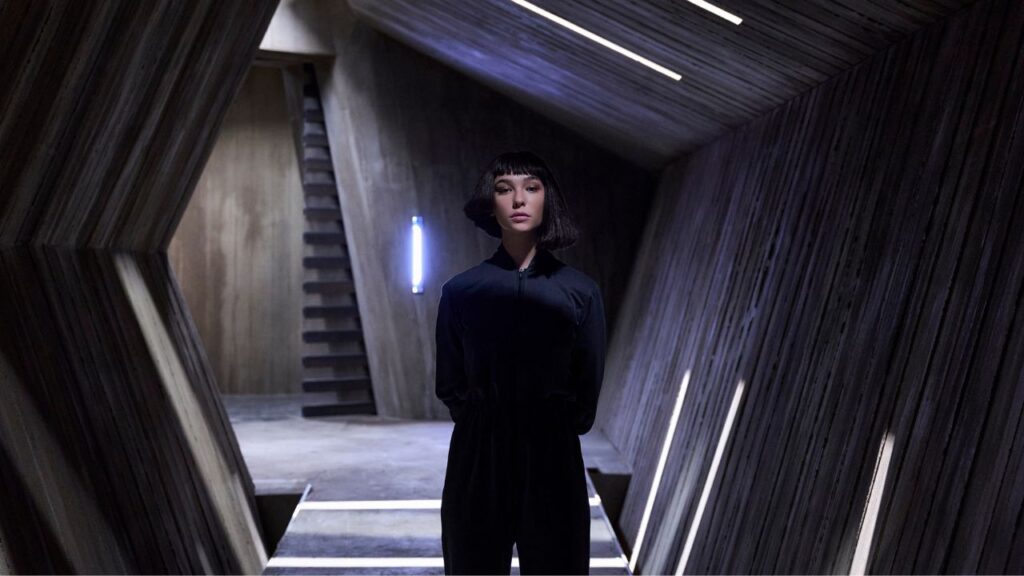
I also can’t help but raise an eyebrow at the odd choice of having a spy, who fears being discovered, sporting a chic and distinctly identifiable haircut. Moreover, this could have been a great opportunity to delve into more nuanced issues, like identity crises or coping mechanisms, especially given the high-stakes game she’s playing. Instead, we’re just expected to roll with it — without rolling our eyes, of course.
It is rather intriguing how Diana’s secrets ramp up the tension in her romantic entanglement with Manticore heir Edo Zani, who remains blissfully unaware of the true stakes of their relationship. Through Edo, we also catch a glimpse into the internal politics of Manticore Europe. This world-building aspect, sorely lacking in the original Citadel, adds much-needed depth to the story, and really should have been a focus of the franchise from the start.
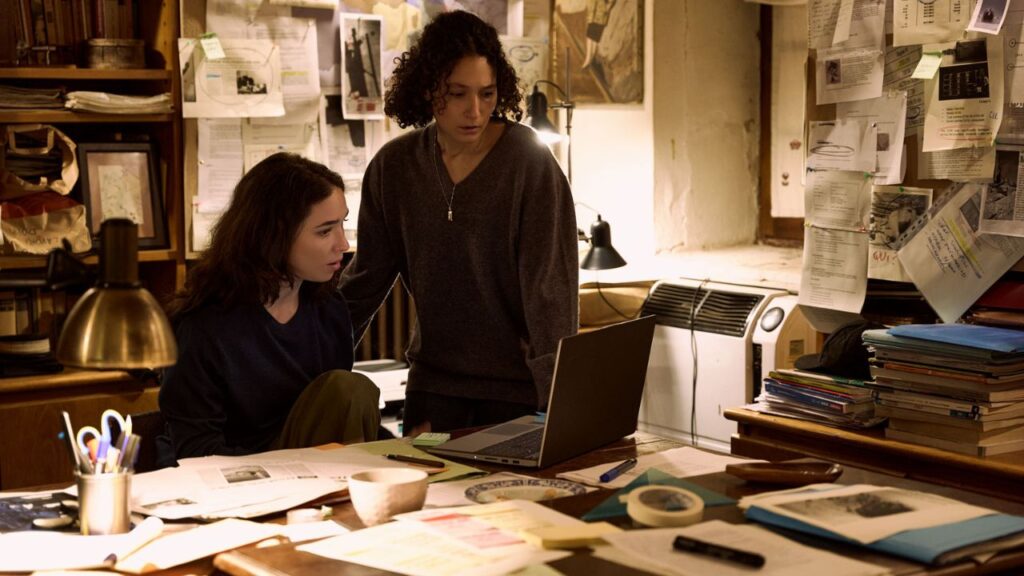
While there are some cool action sequences scattered here and there, they can’t quite rescue the show from its bland dialogue. Every scene feels familiar, as if we’ve seen it all before, because, quite frankly, we have. While this isn’t inherently bad, the show struggles to present anything fresh that could set it apart in the overcrowded world of James Bond wannabes. It’s quickly becoming just another watchable show that shines on the surface, but lacks the depth needed to truly resonate with the audience.
Citadel: Diana‘s main plot, much like its predecessor, is captivating in concept. The idea of an expanded Citadel universe, featuring spies from different regions, is genuinely exciting, and the franchise even boasts a solid cast. And while the series has its moments, it ultimately falls short, landing in a forgettable middle ground.
With Citadel: Honey Bunny set to be released soon, I can’t help but wonder whether this interconnected universe will finally take off? The Citadel project still has plenty of untapped potential, and Citadel: Diana has cemented its standing for the time being. Sure, the show leans heavily on spy clichés that feel both overworked and overdone, but it’s still a decent addition to the franchise. It takes a while to truly get going, but once it does in the latter half, it becomes rather engrossing, offering much more than the original show ever did. For all its potential though, it’s hard to shake off the nagging feeling that it could have — and really should have — been so much better.

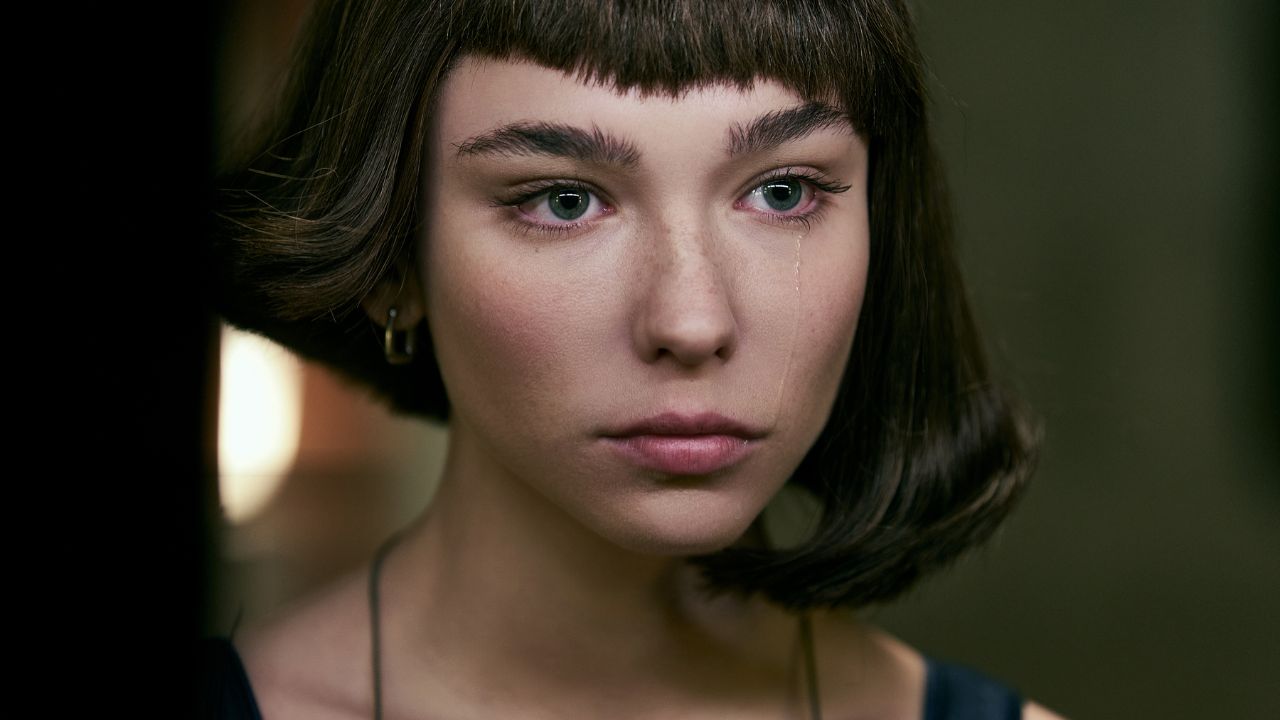

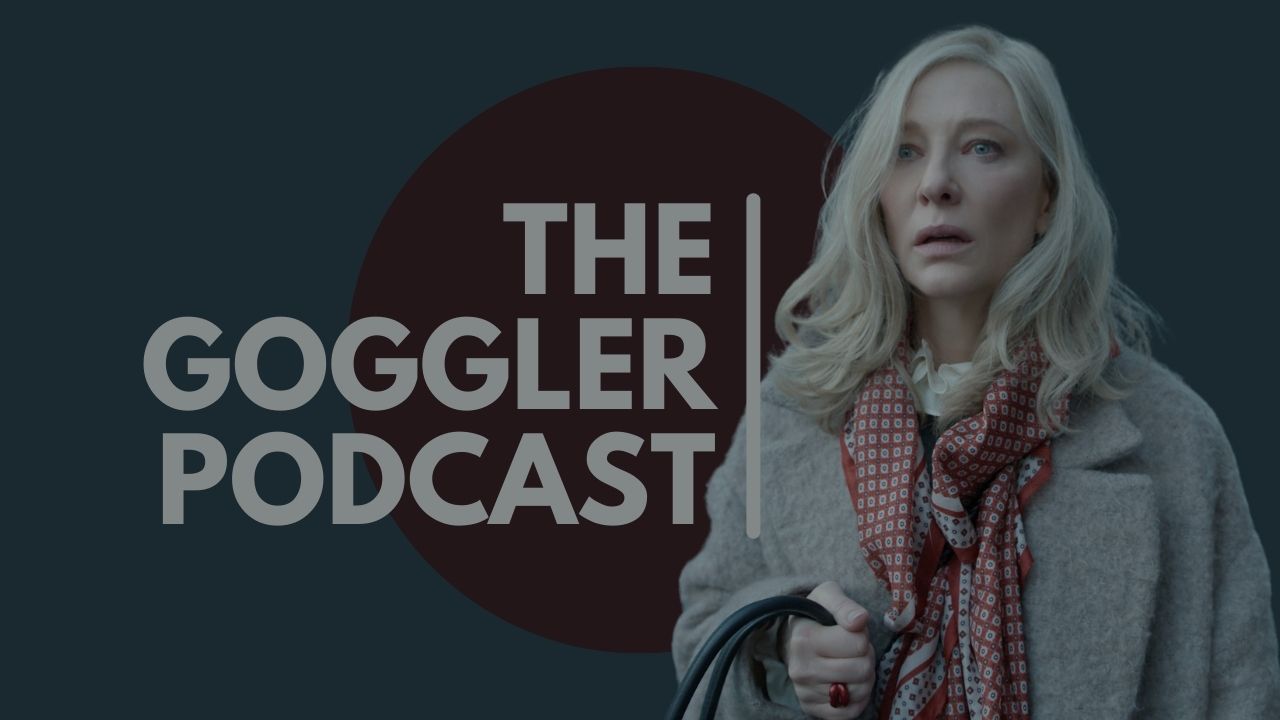
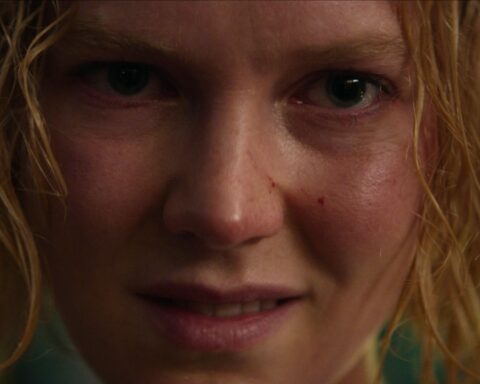

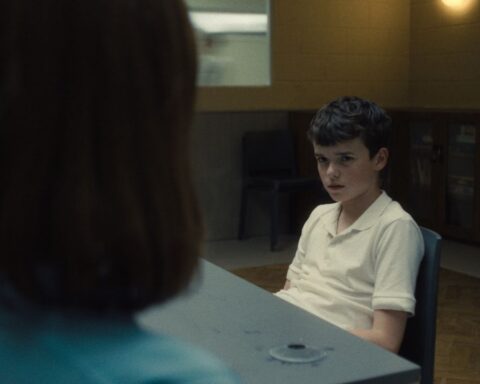
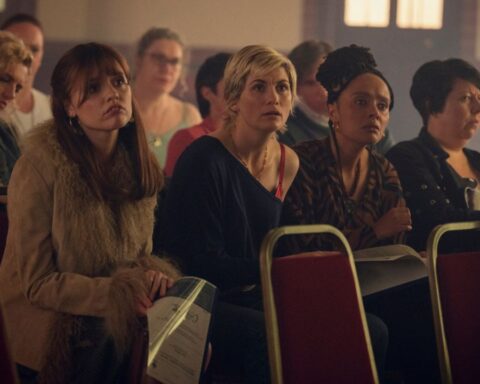
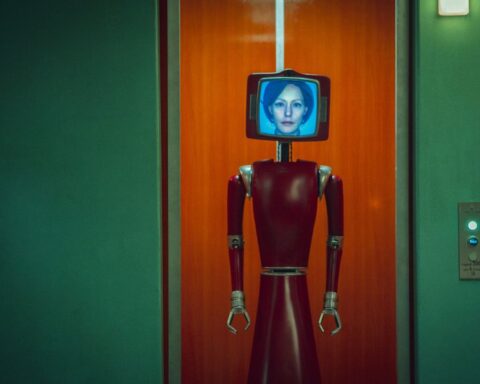
Follow Us